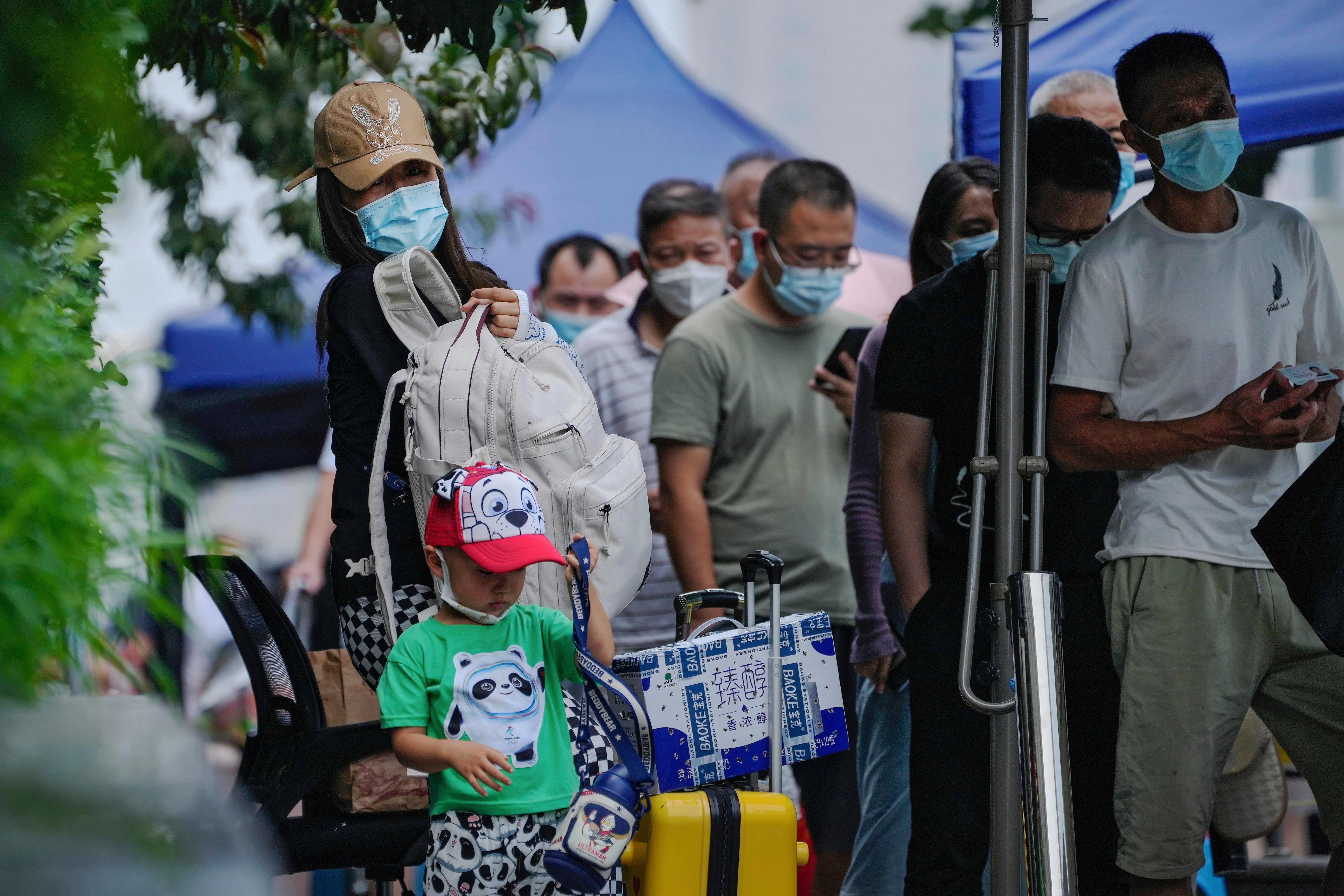COVID cases drop 9% globally last week, deaths stable
New coronavirus cases fell 9% globally last week while deaths remained stable

Your support helps us to tell the story
From reproductive rights to climate change to Big Tech, The Independent is on the ground when the story is developing. Whether it's investigating the financials of Elon Musk's pro-Trump PAC or producing our latest documentary, 'The A Word', which shines a light on the American women fighting for reproductive rights, we know how important it is to parse out the facts from the messaging.
At such a critical moment in US history, we need reporters on the ground. Your donation allows us to keep sending journalists to speak to both sides of the story.
The Independent is trusted by Americans across the entire political spectrum. And unlike many other quality news outlets, we choose not to lock Americans out of our reporting and analysis with paywalls. We believe quality journalism should be available to everyone, paid for by those who can afford it.
Your support makes all the difference.New coronavirus cases fell 9% globally last week while deaths remained stable, according to the latest weekly assessment of the pandemic released Wednesday by the World Health Organization.
The U.N. health agency said there were 6.5 million cases reported last week with more than 14,000 deaths. WHO said the number of new cases fell 35% in Europe but increased about 20% in the Western Pacific and 5% in Africa. Deaths rose 44% in the Western Pacific and 26% in the Middle East, while falling about a quarter in Europe.
WHO has previously warned that recent surveillance of COVID-19 has been severely compromised by countries reducing their testing, reporting and other coronavirus alert systems. The agency has said COVID-19 figures are likely being significantly underestimated, which could make it more difficult to spot any worrisome new variants.
In the U.K., the Office for National Statistics reported last week that COVID-19 cases dropped to about 1 in 20 people in England infected, suggesting that the latest wave of the coronavirus may have peaked in the country.
Dr. Paul Hunter, a professor of medicine at the University of East Anglia, said it was likely that COVID-19 cases and hospitalizations would continue to fall further in the following weeks.
Other experts warned that measures to prevent COVID-19 should still be taken, saying the health system was still under pressure.
“We have to hope that the incidence of long COVID from this wave will be lower than in the first and second waves,” said James Naismith, director of the Rosalind Franklin Institute at the University of Oxford. He called for people to keep getting vaccinated even as COVID-19 protocols were abandoned, citing the dangers of reinfection.
In China, meanwhile, authorities last week shut down part of Wuhan, the city where COVID-19 was first detected in late 2019, after identifying four cases. The government has suggested its “zero COVID" strategy could last for years, despite the social and economic upheaval the approach has caused.
WHO said in its report that two versions of omicron — subvariants BA.5 and BA.4 — were driving the latest wave of infections across the globe. It said BA.5 accounted for about 64% to 70% of sequences shared with the world's largest public viral database.
The highest numbers of new cases were reported in Japan, the U.S., South Korea, Germany and Italy. The most deaths were reported in the U.S., Brazil, Italy, Japan and Australia.
___
Follow AP’s coverage of the pandemic at https://apnews.com/hub/coronavirus-pandemic